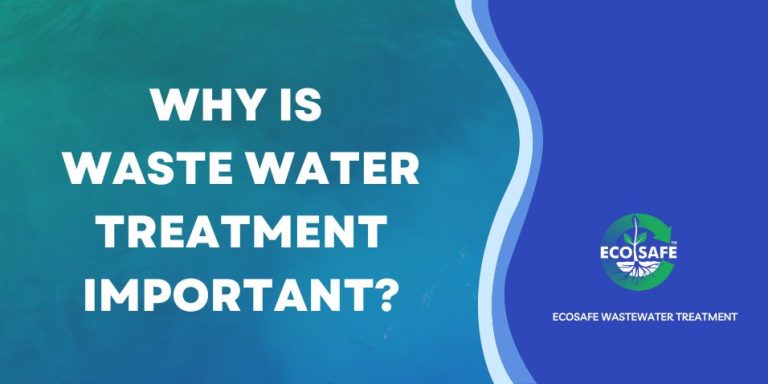Some Ideas on Reclaim Waste You Need To Know
Some Ideas on Reclaim Waste You Need To Know
Blog Article
What Does Reclaim Waste Do?
Table of ContentsExamine This Report on Reclaim WasteFascination About Reclaim WasteThe 9-Second Trick For Reclaim WasteReclaim Waste Fundamentals ExplainedThe Best Strategy To Use For Reclaim Waste
Domestic sewer waste refers to the waste and products from a domestic septic container. The appropriate management and disposal of residential sewer waste need liquid waste to be moved to a sewer therapy plant where the correct methods and devices are used to purify and dispose of waste.
Industrial waste often includes prospective risks, such as combustible materials or a blend of liquid and strong waste products, and requires an extra advanced and thorough disposal process. The disposal of business waste commonly entails the purification of waste before transport to make certain risk-free and proper disposal. Hazardous waste is developed from byproducts and overflow of industrial processes and manufacturing.
This sort of waste can not use the exact same sewage monitoring transport or procedures as septic or commercial fluids. The hazardous waste administration process requires the assessment and testing of fluid waste before it goes through the disposal process (liquid waste removal). Runoff waste is the liquid waste that originates from overflow and excess stormwater in extremely booming areas or cities
Runoff waste can create contamination and flooding if not handled correctly. Find out more about sewer cleaning and waste administration. Guaranteeing appropriate waste administration can avoid catastrophes and decrease environmental damage. Both individuals in property setups and professionals in commercial or production industries can take advantage of recognizing the procedures and guidelines of fluid waste management.
Some Known Details About Reclaim Waste
Call PROS Services today to find out about our waste monitoring and disposal solutions and the appropriate methods to care for the fluid waste you produce.
(https://www.tumblr.com/reclaimwaste1/766851148823068673/at-reclaim-waste-were-a-national-solutions?source=share)Do you understand what occurs to your water when you disengage, purge the commode or drain pipes the washing machine? No? Well, it deserves recognizing. This so-called 'wastewater' is not just an important source but, after treatment, will certainly be released to our land, rivers or the sea. Made use of water from toilets, showers, bathrooms, kitchen sinks, laundries and industrial procedures is called wastewater.

water utilized to cool down equipment or clean plant and tools). Stormwater, a type of wastewater, is runoff that streams from farming and urban areas such as roofings, parks, yards, roads, courses and seamless gutters into stormwater drains, after rainfall. Stormwater streams unattended directly to local creeks or rivers, at some point reaching the ocean.
The Buzz on Reclaim Waste
In Queensland, a lot of wastewater is dealt with at sewer treatment plants. Wastewater is transferred from domestic or commercial sites with a system of drains and pump terminals, known as sewerage reticulation, to a sewage treatment plant.
The Department of Natural Resources suggests city governments regarding handling, operating and maintaining sewerage systems and treatment plants. In unsewered areas, city governments might require householders to set up individual or house sewage treatment systems to treat domestic wastewater from bathrooms, kitchens, restrooms and laundries. The Division of Natural Resources authorises making use of family systems when they are proven to be reliable.
Most stormwater receives no therapy. In some new communities, treatment of some stormwater to get rid of trash, sand and crushed rock has started making use of gross pollutant traps. Wastewater therapy takes place in 4 stages: Gets rid of strong matter. Bigger solids, such as plastics and various other things wrongly released to drains, are removed when wastewater is travelled through displays.
Wastewater after that moves into big containers where solids settle and are removed as sludge. Grease and residue are skimmed from the surface area. Uses little living microorganisms referred to as micro-organisms to damage down and eliminate staying liquified wastes and great particles. Micro-organisms and wastes are integrated in the sludge. Gets rid of nitrogen and phosphorus nutrients that might create algal blossoms in our rivers and intimidate marine life.
The Buzz on Reclaim Waste
Nutrient elimination is not readily available in all sewer treatment plants due to the fact that it needs expensive blog specialized devices. It is coming to be more usual in Queensland. Clear fluid effluent generated after treatment might still have disease-causing micro-organisms. If this effluent is launched into waterways such as rivers or the sea, the micro-organisms will at some point pass away out.

Many wastewater streams right into the sewage system. Under the Act, neighborhood governments administer approvals and licences for ecologically relevant activities (Ages) involving wastewater launches that could have a regional effect.
A Biased View of Reclaim Waste
Surveillance supplies accurate information regarding water top quality and can validate that licence conditions are being fulfilled. The information acquired through tracking gives the basis for making water top quality decisions.
Report this page